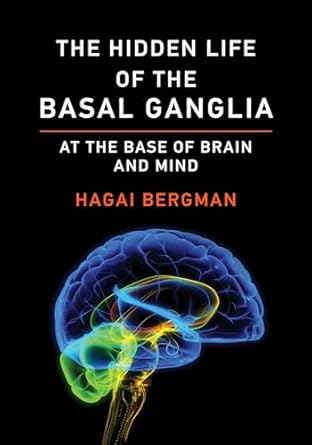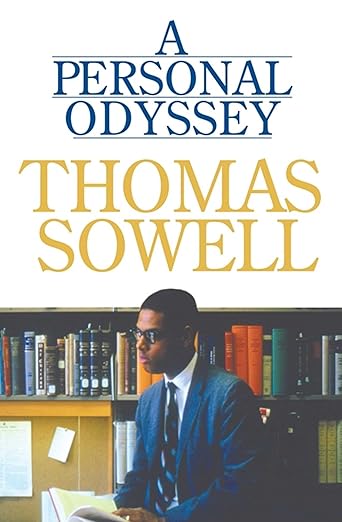Cheery Friday Greetings from Barb Oakley!
📣 Our New Course, “Making Math Click” Is Live!
This is the big day: our new MOOC, Making Math Click: Understand Math without Fear, has officially launched! I can’t tell you how excited I am about this course—it’s a labor of love that combines the best of what neuroscience, education, and storytelling can offer.
Created with the brilliant Canadian mathematician John Mighton (yes, the same John Mighton behind JUMP Math!), Making Math Click is for anyone who’s ever struggled with math, taught someone who has, or simply wants to understand numbers in a deeper, more meaningful way.
But this isn’t your average math course. It’s a beautifully designed journey, filled with surprising insights, rich visuals (thank you, generative AI!), and gentle, step-by-step teaching that works with your brain—not against it. From why students freeze at fractions to how confidence grows through structured inquiry, we explore the science—and the soul—of math learning.
Expect stories that stick with you, strategies you’ll want to share, and moments that just might make you say, “Wait… why didn’t anyone teach it this way before?”
If you’ve ever seen a student’s eyes glaze over at the word “fractions”—or if you’ve whispered, “I’m just not a math person”—this course is for you. And if you’re a professional mathematician? You might just see your discipline with fresh eyes. It’s heartfelt, evidence-based, and yes—even fun. We’re here to help those lightbulb moments click—and maybe, just maybe, help you fall a little in love with math.
Teacher’s Book Club Poses the BEST Questions!
On my final full day in New Zealand, I had the privilege to speak with Hagley College Book Club, led by the redoubtable Rowan Milburn. The book club was reading Uncommon Sense Teaching, and their questions were deep and perceptive. One particularly thoughtful question caused me to draw back. “If only the tiniest fraction of research studies are ever checked by anyone else, how can we as teachers avoid fads and the equivalent of cults in teaching?”
At first, I thought to say, “Just make sure whoever you’re listening to is using evidence-based approaches.”
But then I caught myself. Many educationalists who promote poorly founded fads are very good at appearing evidence-based. They’ll cite plenty of research—but when you look more closely, the studies they cite often don’t support their claims. In fact, sometimes the “supportive” research they cite says the exact opposite. And some of these deeply misleading pseudo-researcher-educationalists are from leading universities—universities that find it easiest to continually sweep complaints under the rug. So what’s a teacher to do?
Be wary of educationalists who offer emotional, ego-boosting fixes that sound great but avoid the hard work of actual teaching, such as:
- “Teachers shouldn’t have to do rote work like grading.”
- “Why memorize anything when students can just look it up?”
- “Student-centered learning is where it’s all at—students teach themselves!”
Let’s be honest. Good teaching may look easy, but it isn’t easy.
Book clubs like the one at Hagley—reading Uncommon Sense Teaching, The Schools We Need, Seven Myths about Education, Powerful Teaching, The Knowledge Gap, and Why Students Don’t Like School—are the antidote to fad-based thinking.
Want to make a real difference in your school or community? Start a book club. Start with those books. If you have the chance, attend a ResearchEd conference–you’ll be so glad you did! Grow the movement toward a solid foundation for the teaching profession.
Got Thoughts on Online Learning? Share Them!
If you’ve ever thought to yourself, “You know, I’ve got a few thoughts about where online learning is headed,” now’s your moment! Class Central (kind of like the TripAdvisor of online education) is looking for writers—especially folks with deep insight into teaching, platforms, or the quirky corners of learning online. Whether you’ve got data to analyze or trends to unravel, this is a lovely way to contribute your voice to a bigger conversation. (Bonus: They even pay you to nerd out.) Go to Write for The Report here: https://www.classcentral.com/write-for-us.
For Anyone Who’s Ever Argued Online
We’ll help you kick off the weekend with a little cognitive mischief.
That’s all for now. Have a happy week in learning!
Barb Oakley
- Uncommon Sense Teaching—the book and Coursera Specialization!
- Mindshift—the book and MOOC
- Learn Like a Pro—the book and MOOC
- The LHTL recommended text, A Mind for Numbers
- For kids and parents: Learning How to Learn—the book and MOOC. Pro tip—watch the videos and read the book together with your child. Learning how to learn at an early age will change their life!












